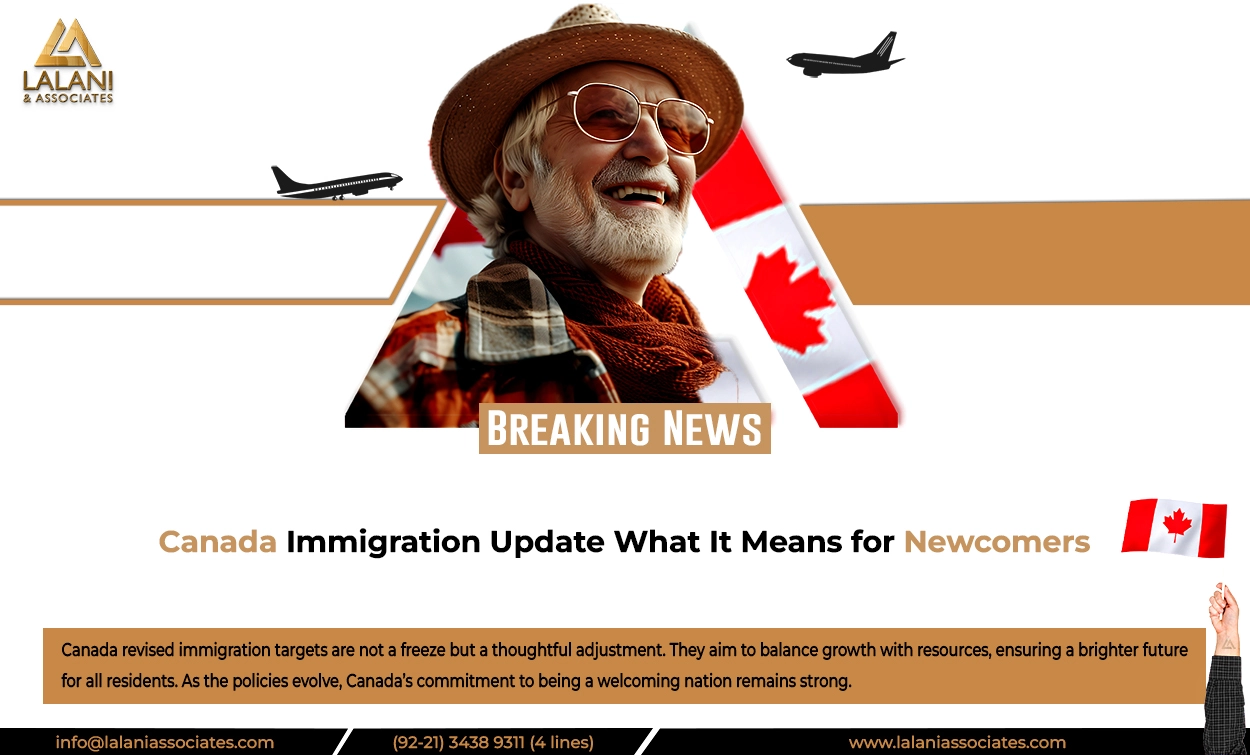
What Was Announced?
Canada’s recent adjustments to immigration targets are part of a broader plan to manage population growth while stabilizing the economy. Trudeau’s announcement highlighted a temporary reduction in immigration numbers for the next few years, but immigration will continue.
Misrepresentation on Social Media
Social media platforms were quick to spread misinformation. A Facebook post falsely claimed, “BREAKING: Justin Trudeau just announced a 3-year freeze on accepting immigrants into Canada.” This misleading information caused significant confusion and misunderstanding.
Official Response from the Government
The Immigration, Refugees and Citizenship Canada (IRCC) quickly addressed the rumors. In a statement to Reuters, the department confirmed that there is no complete freeze on immigration. Instead, the numbers are being temporarily reduced to focus on sustainable growth.
Revised Immigration Targets
Here’s a breakdown of the new targets:
▲ 2025: 395,000 permanent residents (down from 500,000)
▲ 2026: 380,000
▲ 2027: 365,000
While these numbers represent a decrease, they still maintain Canada’s commitment to welcoming newcomers.
Reasons for Adjustments
Why the change? Rapid population growth can strain resources like housing, healthcare, and education. The government’s goal is to pause, stabilize, and ensure that immigration benefits everyone, both newcomers and citizens.
Considering Temporary Residents
Temporary residents such as international students and foreign workers play a crucial role in Canada’s economy. These individuals often transition to permanent residency, so they are considered in the revised immigration strategy.
Changes in Immigration Policy
During the pandemic, Canada adopted more relaxed immigration policies to fill labor shortages. Now, the approach is becoming more structured, ensuring better alignment with economic and social needs.
Impact on International Students
Canada has introduced new measures, including:
• A two-year limit on student permits issued annually.
• Restrictions on work permits for certain graduates.
This ensures that educational opportunities remain accessible without overwhelming the system.
Temporary Immigration Cap
The government plans to reduce temporary residents to 5% of the total population by 2026, down from 6.2% in 2023. This change aims to balance temporary and permanent immigration.
Balancing Growth and Infrastructure
Canada’s immigration plan also addresses challenges like housing shortages and stretched healthcare systems. By slowing immigration slightly, the country can invest in infrastructure to support its growing population.
Public Reaction
Canadians have mixed reactions. Some appreciate the balanced approach, while others worry about the economic impact of fewer immigrants. Experts suggest this adjustment is necessary for long-term sustainability.
Global Perspective
Globally, Canada’s approach is still among the most welcoming. Many countries are tightening their immigration policies, and Canada remains a top destination for skilled workers, students, and families.
The Road Ahead
These changes signal a shift toward more controlled and sustainable immigration policies. While the immediate adjustments may seem restrictive, they aim to ensure that Canada remains a thriving and inclusive country.
Conclusion
Canada revised immigration targets are not a freeze but a thoughtful adjustment. They aim to balance growth with resources, ensuring a brighter future for all residents. As the policies evolve, Canada’s commitment to being a welcoming nation remains strong.


0 Comments